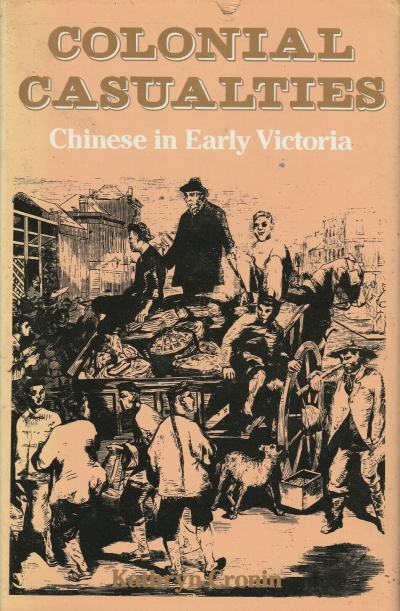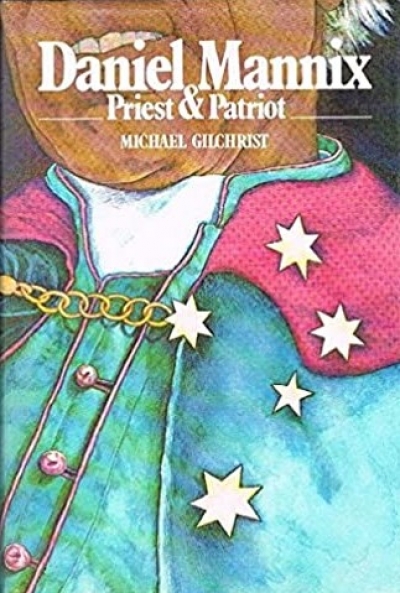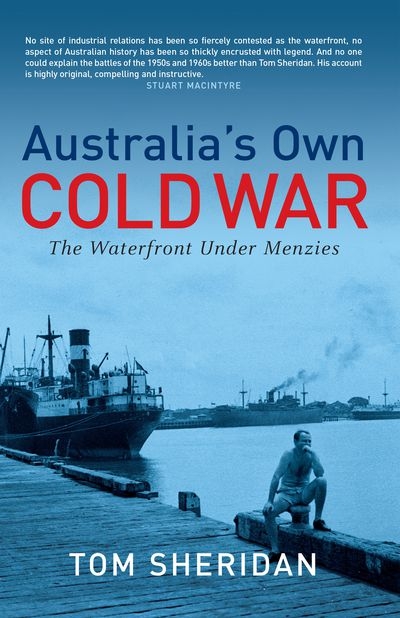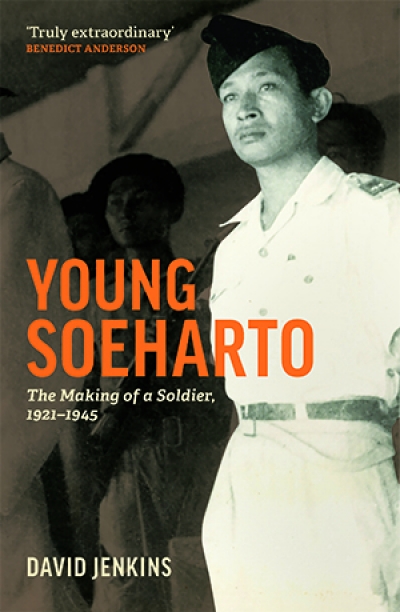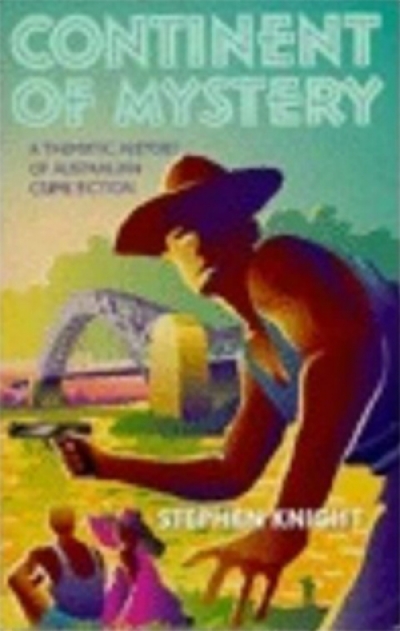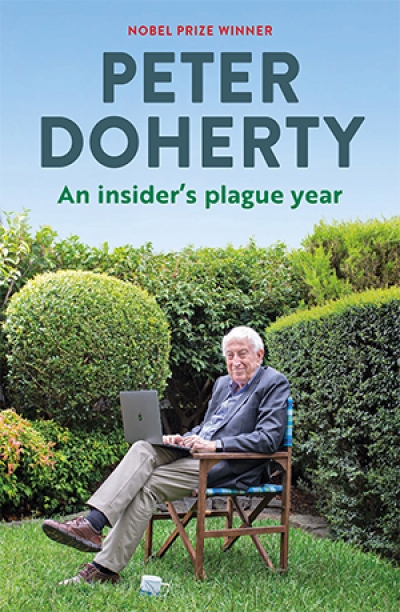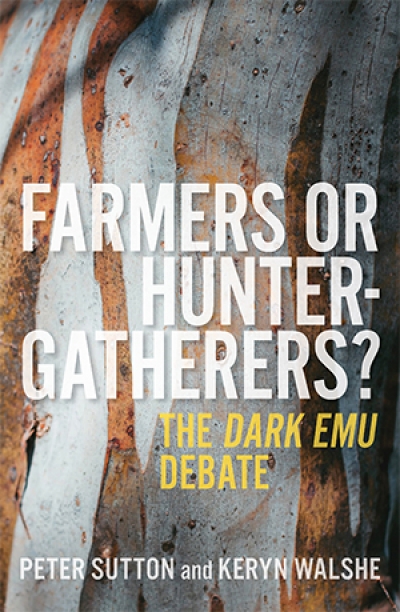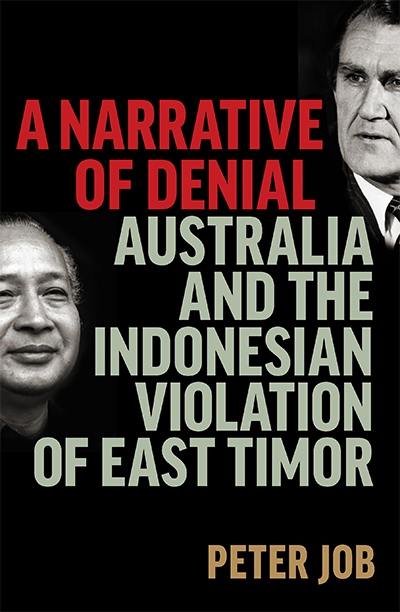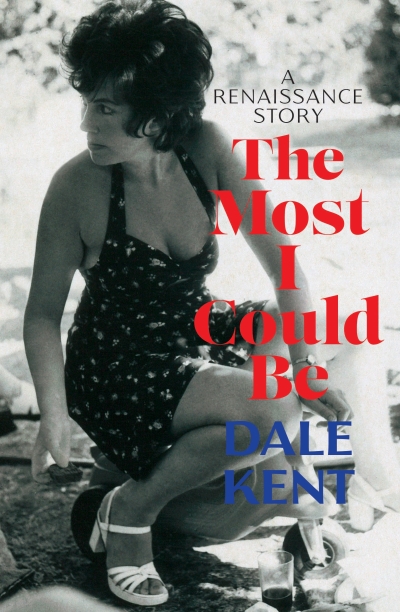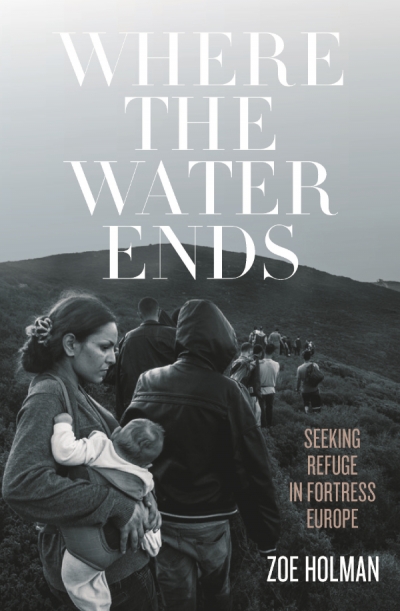Melbourne University Press
Colonial Casualties, Chinese in Early Victoria by Kathryn Cronin
by Frank Strahan •
Australia's Own Cold War: The waterfront under Menzies by Tom Sheridan
by Braham Dabscheck •
Young Soeharto: The making of a soldier, 1921–1945 by David Jenkins
by David Reeve •
Continent of Mystery: A Thematic History of Australian Crime Fiction by Stephen Knight
by Stuart Coupe •
Farmers or Hunter-gatherers?: The Dark Emu debate by Peter Sutton and Keryn Walshe
by Stephen Bennetts •
A Narrative of Denial: Australia and the Indonesian violation of East Timor by Peter Job
by Ken Ward •

